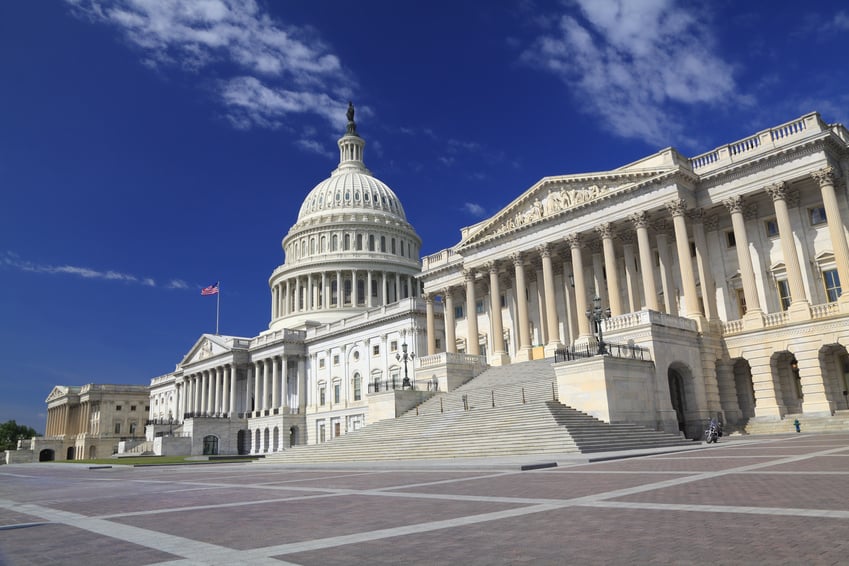What’s changed
The U.S. Government is considering adding digital currency addresses affiliated with individuals and entities identified to the List of Specially Designated Nationals and Blocked Persons (“SDN List”). This would put U.S. persons on notice that doing business with those digital addresses may be prohibited, increasing compliance considerations for businesses delving into the world of virtual currency.
What it means for you
On March 19, 2018, the U.S. Office of Foreign Assets Control (“OFAC”) updated its FAQs to include a section on virtual currency. In the new section, OFAC provides guidance about the various money laundering and terrorist financing risks associated with virtual currency. In particular, OFAC states that it will use sanctions to “fight against criminal and other malicious actors abusing digital currencies and emerging payment systems.” One of the strategies under consideration is the inclusion of digital currency addresses associated with blocked persons to OFAC’s SDN List.
OFAC implements and enforces U.S. sanctions against parties on the SDN List and sanctioned countries (e.g., Cuba, Iran, North Korea, Russia, Syria, Venezuela). All U.S. persons must comply with OFAC regulations, including prohibitions on dealing with parties on the SDN List. U.S. persons must also block the property (including goods, contracts, and funds of any form) of sanctioned persons and make timely reports to OFAC. Failure to do so may result in significant civil and criminal penalties. The maximum civil penalty per violation of OFAC’s regulations amounts to the greater of USD 295,141 or twice the amount of the underlying transaction.
Once OFAC starts adding digital currency addresses to the SDN List, parties will be on notice that those addresses are affiliated with sanctioned persons, and payments through such means may result in a violation of OFAC regulations. OFAC’s plans represent another step in the march towards fully regulating virtual currency operations. Little by little, virtual currencies are being brought under existing regulatory schemes, or new schemes (like the New York BitLicense) are being created to cover perceived gaps. OFAC’s plans to add digital currency addresses to the SDN List will mean greater risk for companies and a matching increase in compliance cost.
Actions to take
Companies dealing in virtual currency may already be regulated under U.S. federal and state anti-money laundering (“AML”) regulations. If your company is already AML compliant, then it may be an easy lift to adjust to this new development. Such companies should:
- Check whether their AML compliance program covers OFAC issues.
- Ensure that their customer identification/verification and due diligence processes consider digital profiles and virtual currency issues.
- Ensure that your transaction monitoring systems consider the unique issues presented by dealing in virtual currency.
Confirm whether relevant employees are trained on OFAC regulations. For companies dealing in virtual currency, but are unaware as to their AML or OFAC regulatory obligations, we suggest conducting a risk assessment at your next opportunity.




